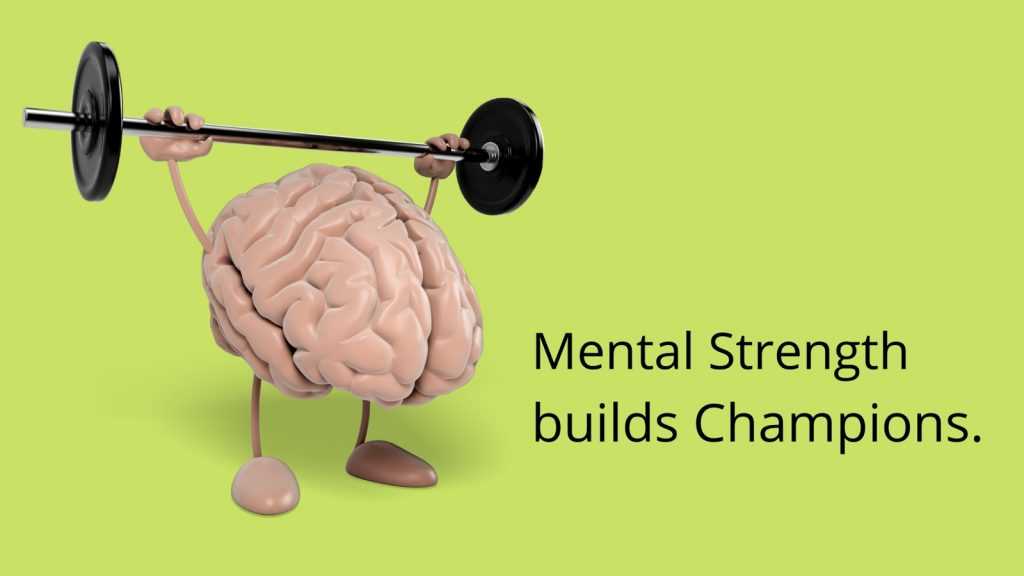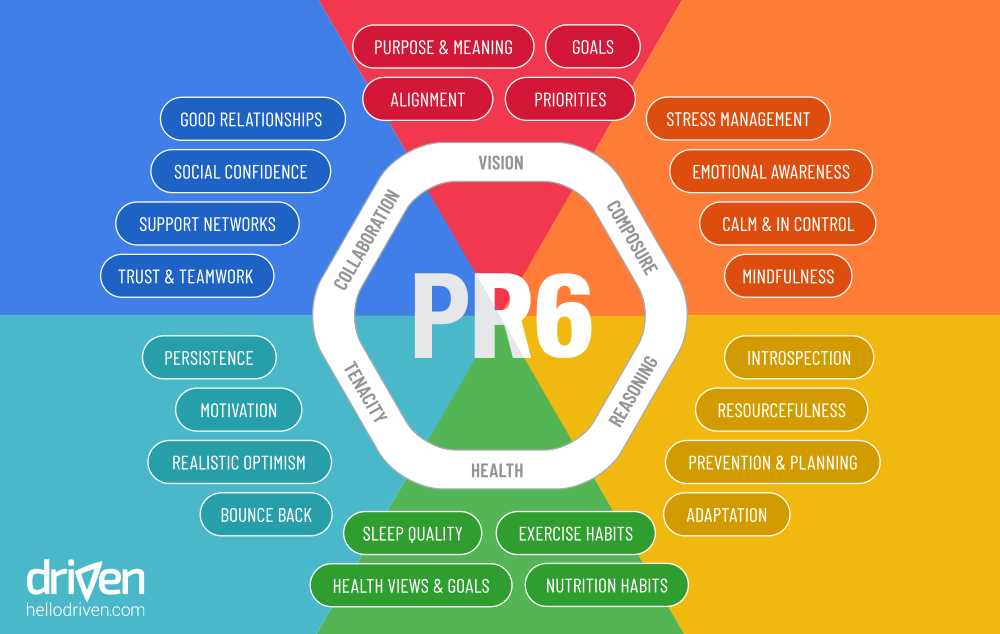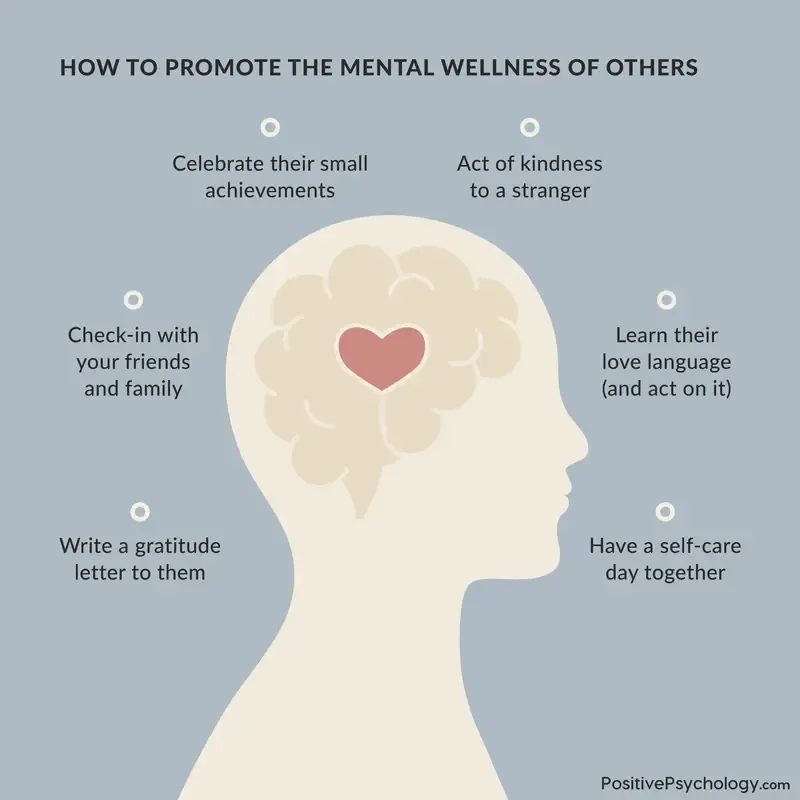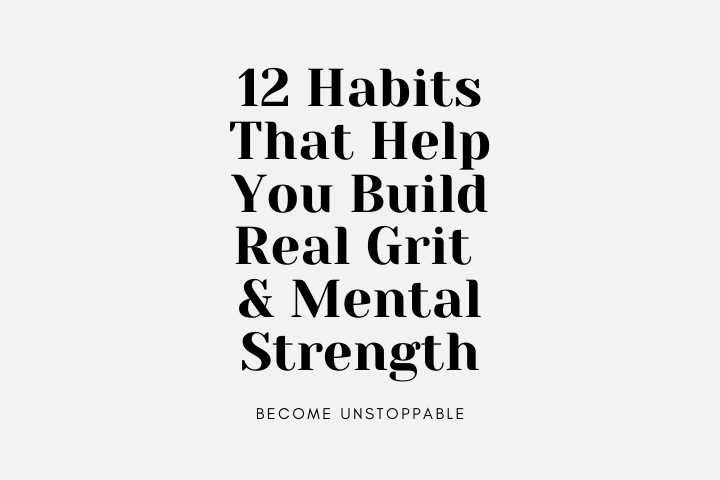
In today’s fast-paced world, stress has become an inevitable part of our lives. Whether it’s work pressure, personal issues, or the constant bombardment of information, stress can take a toll on our mental well-being. However, by cultivating certain habits, we can build resilience and strengthen our ability to cope with stress.
One of the most effective habits for stress resilience is regular exercise. Physical activity not only helps to release endorphins, which are natural stress-fighters, but it also improves our overall mood and promotes better sleep. By engaging in activities such as jogging, yoga, or swimming, we can reduce the negative effects of stress on our mental health.
Speaking of sleep, it is another crucial habit for stress resilience. When we don’t get enough rest, our bodies and minds become more vulnerable to stress. Adequate sleep allows our brains to process information, recharge, and regulate emotions. By establishing a consistent sleep schedule and creating a relaxing bedtime routine, we can enhance our resilience to stress.
In addition to exercise and sleep, cultivating resilience requires the practice of self-care. This includes engaging in activities that bring us joy and help us unwind. Meditation, for instance, is a powerful tool for reducing stress and improving mental well-being. By taking a few minutes each day to sit in silence and focus on our breath, we can build resilience to stress and cultivate a sense of calm.
Finally, developing healthy coping mechanisms is essential for stress resilience. Instead of resorting to unhealthy habits such as excessive drinking or overeating, we can adopt positive coping strategies. This could involve talking to a trusted friend or therapist, writing in a journal, or engaging in creative outlets such as painting or playing an instrument. By finding healthy ways to manage stress, we can strengthen our mental fortitude.
In conclusion, building resilience to stress requires the cultivation of certain habits. Incorporating exercise, prioritizing sleep, practicing self-care through activities like meditation, and adopting healthy coping mechanisms are all strategies that can help us build mental strength. By making these habits a part of our daily routine, we can enhance our ability to withstand and overcome the challenges that life throws our way.
Habits for Stress Resilience

Building stress resilience is crucial for maintaining mental strength and well-being. By incorporating healthy habits into your daily routine, you can better cope with stress and enhance your overall resilience. Here are some key habits to consider:
- Sleep: Prioritize getting enough sleep each night. Quality sleep is essential for restoring your mind and body, reducing stress levels, and improving overall resilience.
- Exercise: Engage in regular physical activity to release endorphins, improve mood, and reduce stress. Exercise also helps to increase resilience by promoting overall well-being.
- Coping: Develop healthy coping mechanisms to deal with stress. This may include journaling, talking to a trusted friend or therapist, or engaging in hobbies that bring you joy and relaxation.
- Meditation: Practice mindfulness and meditation to calm your mind and reduce stress. Regular meditation can help build resilience by improving your ability to stay present and focused.
- Self-care: Take time for self-care activities that promote relaxation and rejuvenation. This can include activities such as taking a bath, reading a book, or engaging in hobbies that bring you joy.
- Mindfulness: Incorporate mindfulness into your daily routine. Pay attention to the present moment, without judgment, and cultivate an attitude of gratitude and acceptance.
- Habits: Establish healthy habits that support stress resilience, such as maintaining a balanced diet, practicing good time management, and setting realistic goals.
By incorporating these habits into your daily life, you can build stress resilience and enhance your mental strength. Remember, resilience is a skill that can be developed and strengthened over time with consistent practice and dedication.
Developing a Strong Support System

When it comes to managing stress and building resilience, developing a strong support system is key. Surrounding yourself with a network of people who understand and support you can make a world of difference in how you navigate challenging situations.
Here are some habits to help you develop a strong support system:
- Connect with others: Reach out to friends, family, or colleagues who you trust and feel comfortable talking to. Share your experiences and concerns with them, and listen to their perspectives and advice.
- Join a support group: Consider joining a support group or community that focuses on stress management or mental well-being. This can provide you with a safe space to share your thoughts and feelings with others who may be going through similar challenges.
- Practice active listening: When engaging in conversations with others, practice active listening. This means giving your full attention, showing empathy, and validating their experiences. Avoid interrupting or offering unsolicited advice.
- Seek professional help: If you find that your stress levels are becoming overwhelming or affecting your daily life, consider seeking professional help. A therapist or counselor can provide guidance and support tailored to your specific needs.
- Engage in stress-relieving activities together: Plan activities with your support system that promote relaxation and stress reduction. This could include going for walks, practicing meditation or mindfulness exercises, or engaging in physical exercise together.
- Take care of yourself: Remember to prioritize self-care as part of your stress resilience strategy. This includes getting enough sleep, eating nutritious meals, and engaging in activities that bring you joy and fulfillment.
By developing a strong support system and engaging in these habits, you can build resilience and better manage stress in your life. Remember that everyone’s journey is different, so find what works best for you and don’t be afraid to ask for help when you need it.
Building Meaningful Connections

When it comes to coping with stress and building resilience, one of the most important habits to cultivate is building meaningful connections with others. Strong social connections have been shown to have a positive impact on mental health and can help individuals better manage stress and improve their overall well-being.
One of the key ways to build meaningful connections is through regular social interactions. This can include spending quality time with friends and loved ones, participating in group activities or clubs, or even engaging in online communities or support groups. By fostering these connections, individuals can create a support network that can provide comfort, understanding, and encouragement during times of stress.
Another important aspect of building meaningful connections is practicing active listening and empathy. By truly listening to others and showing genuine interest in their experiences and emotions, individuals can strengthen their relationships and create deeper connections. This can also help reduce stress by allowing individuals to feel heard and understood, which can provide a sense of validation and support.
In addition to social connections, self-care is also crucial for building resilience and managing stress. Taking care of oneself through activities such as getting enough sleep, practicing mindfulness, and engaging in regular exercise can help individuals recharge and better cope with stress. By prioritizing self-care, individuals can also improve their overall well-being, which can in turn enhance their ability to connect with others.
In conclusion, building meaningful connections is an essential habit for stress resilience. By cultivating strong social connections, practicing active listening and empathy, and prioritizing self-care, individuals can improve their mental strength and better cope with stress. These habits can provide a solid foundation for building resilience and promoting overall well-being.
Cultivating Relationships with Positive People

When it comes to coping with stress and building resilience, surrounding yourself with positive people can make a significant difference. Relationships play a crucial role in our mental well-being, and having a support system of positive individuals can help us navigate through challenging times.
Mindfulness is key in choosing the right people to cultivate relationships with. Being aware of how others’ energy affects us and consciously seeking out positive individuals can contribute to our overall stress resilience. Positive people can provide emotional support, offer different perspectives, and inspire us to practice self-care.
Stress can often lead to isolation, making it even more important to connect with others who can lift our spirits. Engaging in activities such as sharing a meal, going for a walk, or participating in a hobby together can foster a sense of belonging and create opportunities for meaningful connections.
Self-care is an essential aspect of stress resilience, and having positive relationships can enhance our self-care practices. Positive people can encourage us to prioritize our well-being, remind us to take breaks, and engage in activities that promote relaxation and rejuvenation.
Sleep, exercise, and meditation are all important components of stress resilience, and positive relationships can support these habits. Having someone to exercise with or meditate alongside can motivate us and make these practices more enjoyable. Additionally, positive relationships can provide a safe space for discussing sleep difficulties and seeking advice on improving sleep quality.
In times of stress, resilience can be strengthened through the support and encouragement of positive people. By cultivating relationships with individuals who radiate positivity, we can create a network of support that helps us navigate through challenging times with greater ease.
Seeking Professional Help When Needed

While developing healthy habits like exercise, stress management, mindfulness, and meditation can greatly contribute to building mental resilience, there may be times when professional help is necessary. It’s important to recognize when your coping mechanisms are not enough and seeking support from a mental health professional can be beneficial.
Professional help can provide you with the tools and guidance needed to navigate through difficult times and develop effective strategies for managing stress. A therapist or counselor can help you explore the underlying causes of your stress and develop personalized coping mechanisms.
Additionally, a mental health professional can assist you in developing healthy sleep habits, as sleep plays a crucial role in resilience. They can provide guidance on relaxation techniques and sleep hygiene practices to improve the quality of your sleep and enhance your ability to cope with stress.
Remember, seeking professional help is not a sign of weakness, but rather a proactive step towards building mental strength and resilience. It takes courage to reach out and ask for support, and doing so can make a significant difference in your overall well-being.
In conclusion, while cultivating habits like exercise, stress management, mindfulness, and meditation can contribute to mental resilience, it’s important to recognize when additional help may be needed. Seeking professional support can provide you with the tools and guidance to develop effective coping mechanisms and enhance your ability to navigate through stressful situations.

I am Patrina de Silva, a psychologist and mental health blogger in Sri Lanka. After obtaining psychology degrees from the University of Colombo and Monash University, I returned home to work as a counselor while also starting the popular blog “Pressy but Happy” to provide advice on psychological issues. Over the past decade, my empathetic articles have made my blog a leading mental health resource in the country. In addition to writing, I maintain a private therapy practice, frequently volunteer counseling time, and conduct seminars, driven by my passion for destigmatizing mental illness and educating the public on the mind-body connection. I strive to be an influential voice in my field through my compassionate approach.
